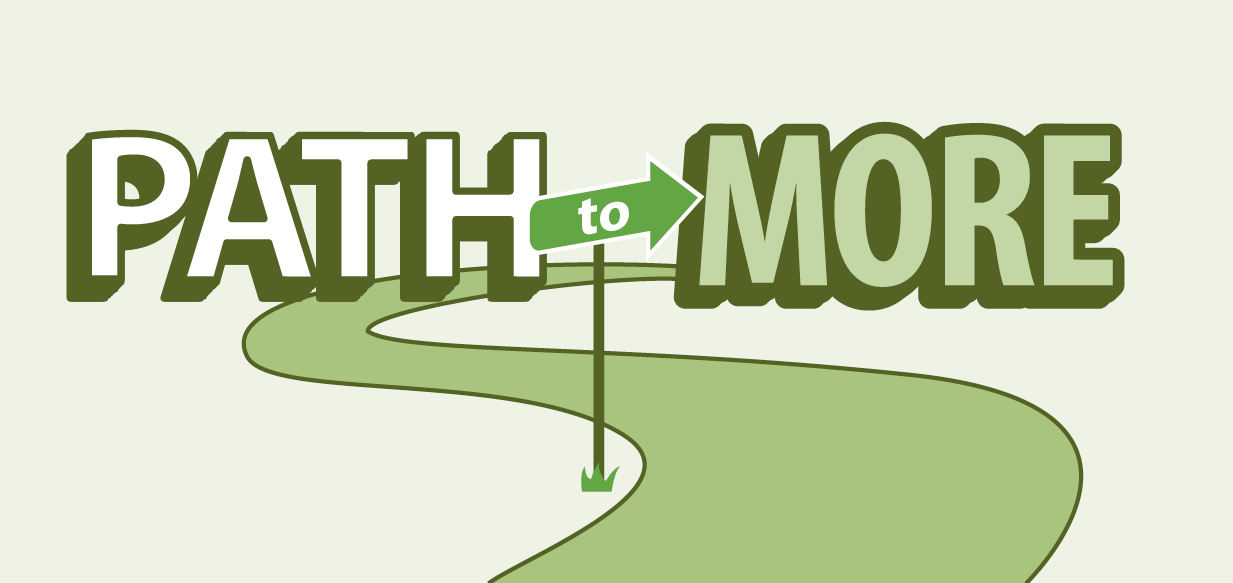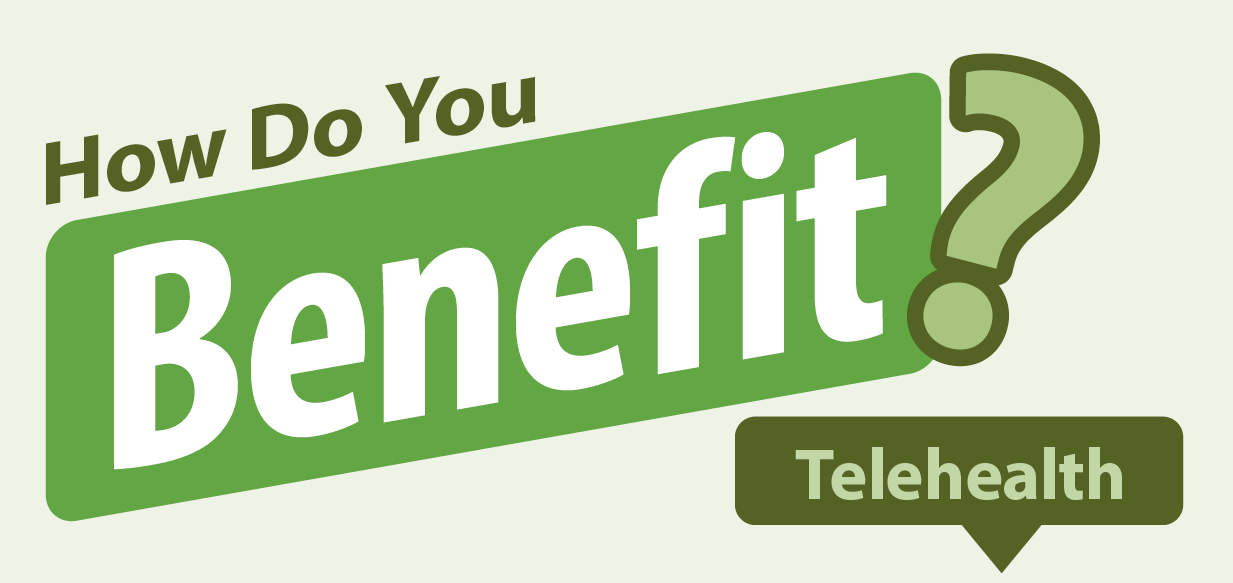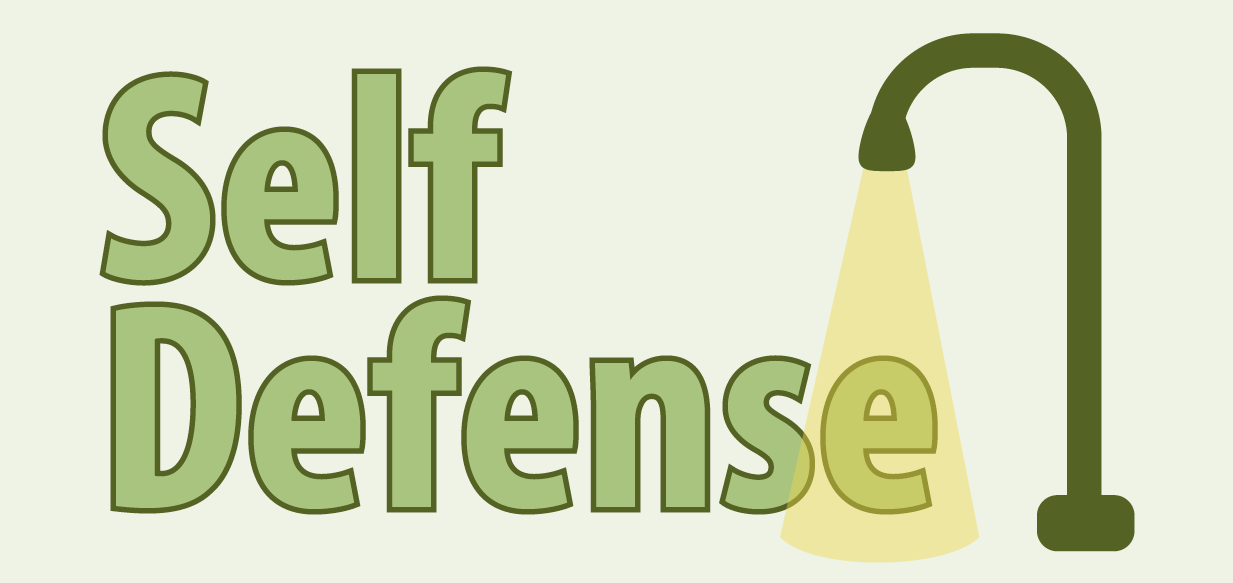
Hearts and Minds at Work
In its wisdom, the heart operates through cycles of contraction and relaxation, a balance crucial for sustaining life. Yet, despite scientific descriptions, we have felt the searing pain of death, betrayal, and love's heartbreak.
Our heart's rhythmic dance—systole and diastole—serves as a lifeline and a poignant metaphor for the emotional landscapes we navigate. Yet, we often discount the heart through separation; it's common to hear, "Listen to your heart, but use your head.”
Work is different today. While some challenges remain timeless, thirty years ago, companies had more hierarchy, with less emphasis on employee participation in decision-making - leading to feelings of disempowerment, disengagement, lying, and the BS that comes with brown-nosing.
Of course, whatever we resist persists - these repressed emotions have turned into what the surgeon has named an epidemic of loneliness, stress, anger, polarization, and isolation—all symptoms of the heart.
Emotional feelings of disconnection, anger, or sadness can directly impact cardiovascular health. Instances of turmoil, such as anger and hostility, provoke a stress response and lead to long-term harm, including the risk of coronary artery disease (CAD). Emotional distress can cause myocardial ischemia, a condition where the heart muscle is deprived of oxygen, exacerbating heart disease risks. This biological response underscores the literal heartache supporting the adage that one can be "worried to death.”
We often focus on physical things like exercise and diet when discussing heart health. But scientists have found something amazing—our feelings, the stuff we carry in our hearts and minds, play a huge role too. Given that adults spend approximately 57% of their waking lives at work, the quality of our relationships is paramount.
So, how can we nurture our hearts through work? Initiating heart-based interactions, where communication is grounded in honesty, saying what's on your heart and mind, asking for help, and expressing gratitude can foster positive connections.
Conscious or unconscious, we have a relationship to everything we encounter in our lives. Our approach to those relationships can enhance our emotional well-being and support cardiovascular health. When we architect bridges, not walls, with a genuine interest in our relationships - we find meaning in our work and see how our efforts make a difference; it's a game-changer. Our work becomes a source of joy and satisfaction, nourishing our hearts in ways we might not even realize.


